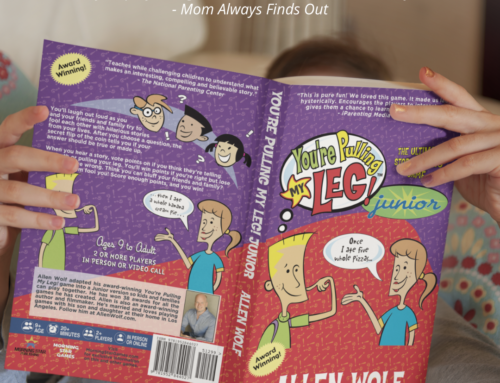“You need to show me more empathy,” my wife said with tears in her eyes.
“But I’m a good listener!” I said.
I was wrong.
While I did listen to my wife and had compassion toward her, I wasn’t putting myself in her emotional shoes and that’s what she was wanting from me.. I wasn’t empathizing with her which made her feel like I wasn’t deeply listening to her. Empathy and compassion are important to your well-being and our relationships but sometimes one is needed more than the other.
Empathy
Though empathy and compassion are similar concepts, they differ from each other in key ways. Empathy involves being able to understand the feelings of another or to mirror their emotions in order to demonstrate this understanding. This is what my wife was looking for from me. This is not easy for me. I tend to want to confront issues with my problem-solving hat. My first instinct is not to sit in an emotional moment with the other person.
In essence, empathy is all about someone demonstrating an emotional response based on the state of another. This concept goes beyond sympathy or simply feeling bad for someone, which can come across as shallow. To be empathetic is to be moved to actually feel something similar to what another is feeling, to demonstrate an understanding of that person’s experience.
Benefits of Empathy
Empathy has a number of benefits. It can help you to be tuned into others you encounter in your everyday interactions, leading you to relate to even casual associates in socially appropriate ways. Empathy is a crucial element of most social and interpersonal relations. Healthy bonds between parents and their offspring depend upon the caregiver possessing adequate empathy to be able to anticipate the feelings of their offspring throughout development in order to forge a dynamic connection. An affinity for and understanding of others is particularly useful in motivating individuals to assist those in need or who are struggling. Empathy is an underlying foundation of human connection, in general, and aids in cooperation and the maintenance of a social order.
It also helped me greatly with my marriage. When I learned to be more empathetic with my wife, she started to better experience my genuine care for her and believed we were on the same intimate team.
Compassion
Compassion differs from empathy in its outcome. It involves caring about others and feeling concern for their state of being. While there are feelings intertwined with compassion, the focus of the concept is on action rather than emotion. Action is much easier for me than sitting in the emotion that the other person is feeling. Is it easier for you? Compassion involves a motivation to assist those in need. Those who are compassionate possess an awareness of others’ issues that leads them to take steps to alleviate their discomfort.
Benefits of Compassion
Compassion is the driving force behind social connections. It’s what leads parents to meet the needs of their children. They have a lot of needs! It plays a strong role in relationships between adults, too. Compassion is what leads us to act on behalf of our friends and loved ones, to do those little things that strengthen our relationships. It has been shown to actually aid in making people healthier by improving the regulation of thought and emotion, as well as helping to manage the effects of stress. Compassion is a crucial element in altruism and charity. It’s what causes us to want to do something in the aftermath of disasters or tragic events.
Hopefully, reading about the difference helps you understand how empathy and compassion can help us connect better to our relationships, our kids, and our society.
I created a game called You’re Pulling My Leg! where people answer questions about their lives. There are questions that go deep and others that are lighter. I’ve played the game with hundreds of people and I’ve responded with both compassion and empathy toward other players as I hear their stories. If you’d like a way to connect to others, whether it’s in person or over a video call, feel free to check it out.
I’d love to hear your thoughts about empathy versus compassion in the comments below.







Great job, Allen. Thanks for sharing this. I like the distinction between empathy and compassion and how specifically empathy is essential in a marriage!